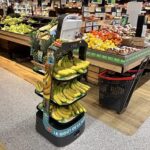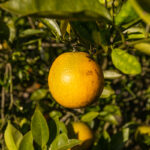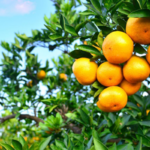Fungicide market value to rise 35% by 2029

The fungicide market value is estimated at $23.9 billion in 2024 and is projected to reach $32.3 billion by 2029, at a CAGR of 6.2% from 2024 to 2029, according to a report published by MarketsandMarkets. If realized, this would imply a value increase of 35% over said period.
The category is showing rapid growth due to increasing demand from developing countries, easy availability of crop protection products, an increase in area under high-value cash crops, growing demand for food, and an increase in global population.
Amendments in the regulations regarding environmental protection laws and changing government policies across various regions are the major factors challenging fungicide product manufacturers and service providers.
Various chemicals and mechanical and biological measures were looked into to check the growing population of fungi in the world. Various chemical formulae get listed under US Environmental Protection Agency, US EPA for use in the commercial and agriculture fields.
With concerns related to the chemical method increasing every year, the introduction of biological fungicide products has many advantages because of which they are favored over their chemical counterpart in North American and European regions.
Thanks to their brilliant mode of action in providing full protection against fungal diseases, systemic fungicide holds the highest market share in the fungicides market.
Systemic fungicides are mostly absorbed by the plants and distributed in all tissues, thereby offering very effective control of pathogens that may be unexposed at the time of application.
Additionally, systemic action guarantees long-lasting protection and controls a wide spectrum of fungal pathogens, hence high efficacy in managing persistent and difficult-to-treat diseases.
That, coupled with the efficacy and the ability to reduce the frequency of application, makes them more attractive to farmers and continues to consolidate their leading position in the fungicides market.














































